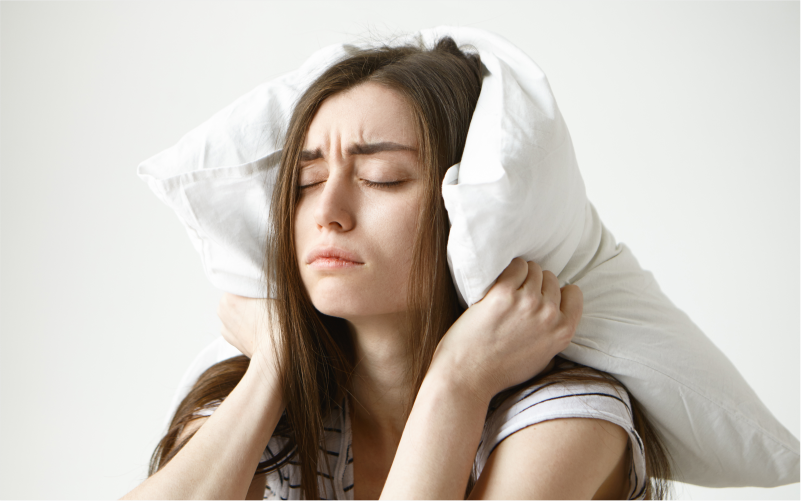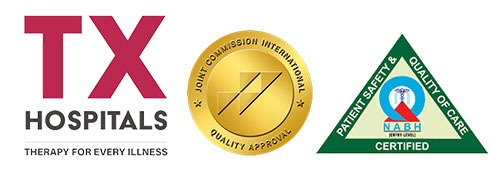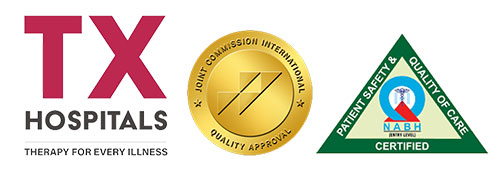Introduction
Sleep disorders are a group of conditions that affect a person’s ability to get sufficient, restful sleep. A sleep disorder can affect your overall health, safety and quality of life. Sleep deprivation can affect your ability to drive safely and increase your risk of other health problems.
Some of the signs and symptoms of sleep disorders include excessive daytime sleepiness, irregular breathing or increased movement during sleep. Other signs and symptoms include an irregular sleep and wake cycle and difficulty falling asleep.

Some common sleep disorders include
Insomnia: difficulty falling or staying asleep
Sleep apnea: repeated pauses in breathing during sleep
Restless leg syndrome: an irresistible urge to move the legs, especially when lying down or trying to sleep
Narcolepsy: a condition causing excessive daytime sleepiness and sudden onset of sleep
REM sleep behavior disorder: acting out vivid and often violent dreams during rapid eye movement (REM) sleep
Shift work sleep disorder: difficulty sleeping or staying awake during work hours due to a shift schedule that disrupts a person’s circadian rhythm
What causes sleep disorders?
Sleep problems can be caused by various factors. Although causes might differ, the end result of all sleep disorders is that the body’s natural cycle of slumber and daytime wakefulness is disrupted or exaggerated. Eight factors include:
- Physical (such as ulcers).
- Medical (such as asthma).
- Psychiatric (such as depression and anxiety disorders).
- Environmental (such as alcohol).
- Working the night shift (this work schedule messes up “biological clocks.”)
- Genetics (narcolepsy is genetic).
- Medications (some interfere with sleep).
- Aging (about half of all adults over the age of 65 have some sort of sleep disorder. It is not clear if it is a normal part of aging or a result of medicines that older people commonly use).
Symptoms of sleep disorders?
You might have a sleep disorder if you experience one or more of the following symptoms. Do you:
- Fall asleep while driving?
- Struggle to stay awake when inactive, such as when watching television or reading?
- Have difficulty paying attention or concentrating at work, school, or home?
- Have performance problems at work or school?
- Often get told by others that you look sleepy?
- Have difficulty with your memory?
- Have slowed responses?
- Have difficulty managing your emotions?
- Need to take naps almost every day?
Treatment for sleep disorders
There are a variety of treatments recommended by healthcare providers:
- Counselling: Some sleep specialists recommend cognitive behaviour therapy. Such counselling helps you “recognize, challenge and change stress-inducing thoughts” that can keep you awake at night.
- Medications and/or supplements.
- Practice sleep hygiene such as keeping a regular sleep schedule.
- Get regular exercise.
- Minimize noise.
- Minimize light.
- Manage the temperature so that you’re comfortable.
Your healthcare provider will recommend treatments based on your unique situation.
What medicines may help with sleep disorders?
Your healthcare provider may recommend some of the following medications and supplements:
- Sleep aids may be helpful in some cases of insomnia, including melatonin, zolpidem, zaleplon, eszopiclone, ramelteon, suvorexant, lamborexant, or doxepin.
- Restless legs syndrome can be treated with gabapentin, gabapentin enacarbil, or pregabalin.
Narcolepsy may be treated with a number of stimulants or wake-promoting medications, such as modafinil, armodafinil, pitolisant and solriamfetol.







